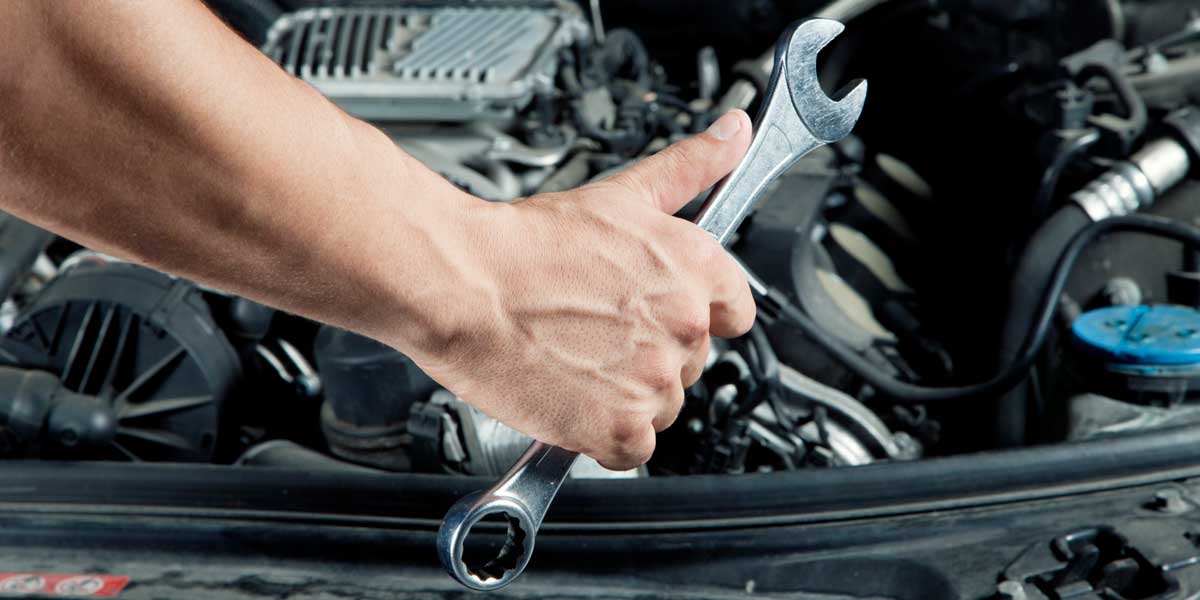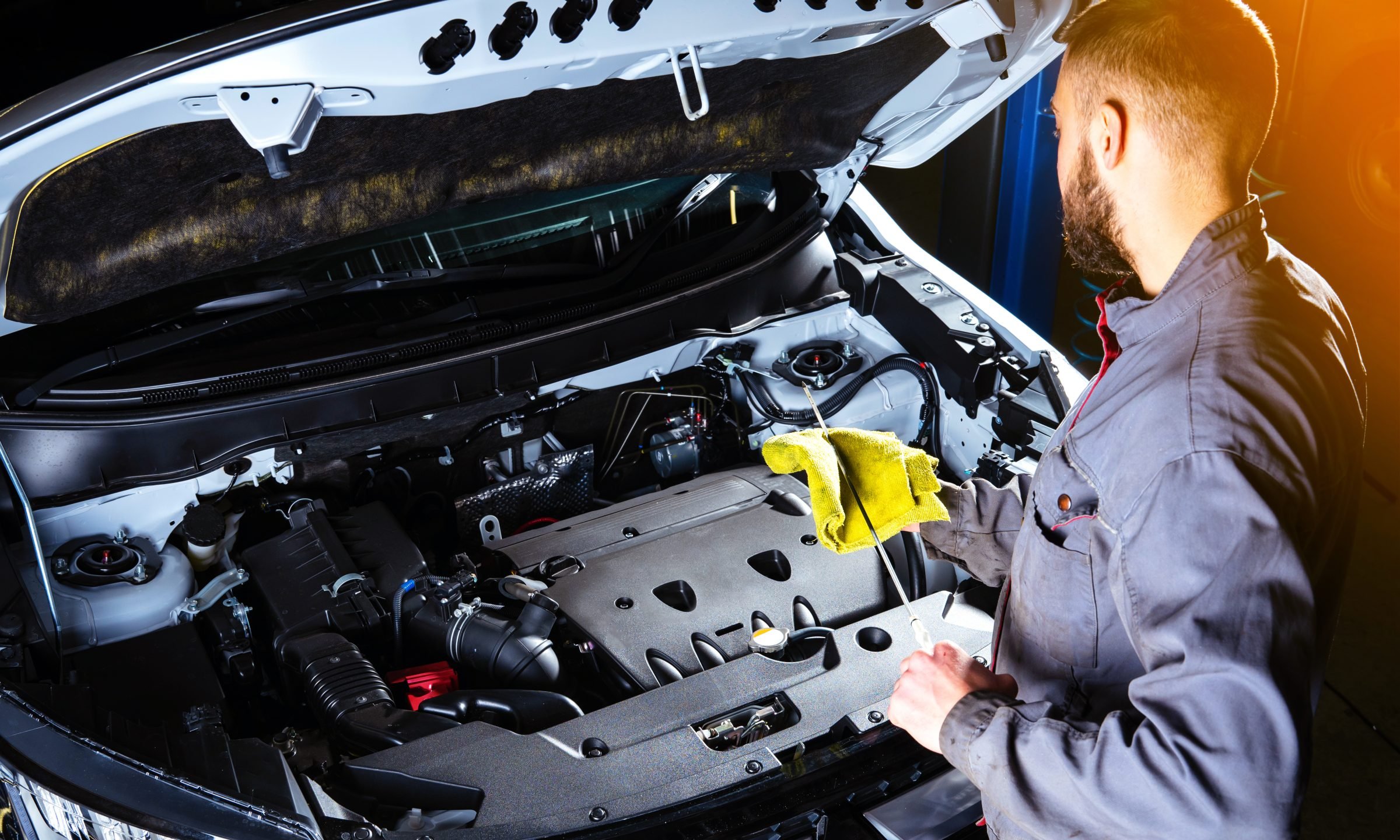All Categories
Featured

Car fluids play critical duties in making sure smooth procedure, security, and durability. Listed below, we'll check out the relevance of monitoring and keeping your lorry's liquids and tips for doing so properly.
- Engine Oil: Securing Vital Elements. Engine oil makes sure that the relocating parts of your engine stay oiled, lowering rubbing and stopping getting too hot. Over time, engine oil breaks down or comes to be polluted, diminishing its effectiveness. Without appropriate lubrication, engine elements can put on out promptly, resulting in decreased performance or total failure.
Exactly How to Keep: Examine the oil degree utilizing the dipstick and top off if essential. Follow your automobile's service schedule for oil adjustments, commonly every 3,000 to 7,500 miles, relying on the sort of oil and your driving practices. 2. Coolant: Managing Engine Temperatures. Coolant, or antifreeze, helps manage your engine's temperature, preventing overheating in summer and freezing in winter season. As it circulates, coolant takes in excess heat and resolves it via the radiator. Over time, pollutants can construct up, or the fluid may degrade, decreasing its efficiency.

Just How to Keep: Regularly inspect coolant degrees in the tank and evaluate for leakages or discoloration. Flush and replace coolant as recommended, generally every 2 to five years. 3. Transmission Liquid: Smooth Gear Procedure. Transmission fluid lubes the transmission system and ensures smooth equipment shifts. A well-maintained transmission liquid prevents overheating and safeguards internal elements from wear. Falling short to maintain this liquid can result in pricey repairs or replacements.
Just How to Keep: Examine the liquid degrees (if your lorry has a dipstick for transmission fluid) and check its shade. Burned or dark liquid suggests it's time for a change, usually every 30,000 to 60,000 miles. 4. Brake Fluid: Ensuring Safety. Brake liquid is essential for transferring stress from your foot on the brake pedal to the stopping system, allowing your car to quit successfully. With time, brake fluid can take in moisture, lowering its boiling factor and compromising stopping performance.
Exactly How to Maintain: Examine the brake fluid level and condition. If it shows up unclean or dark, have it replaced. Numerous makers suggest transforming brake liquid every 2 years or as required. 5. Power Guiding Fluid: Easy Maneuverability. Power steering fluid enables easy and smooth steering. Low degrees or polluted fluid can make guiding difficult, enhancing the risk of accidents.
Exactly How to Maintain: Check the fluid on a regular basis and refill if levels are reduced. Watch out for leaks, which can lead to guiding system damages if unsettled. 6. Windscreen Washing Machine Liquid: Clear Visibility. Not associated to performance, windscreen washer liquid is important for preserving exposure. It aids maintain the windscreen tidy, particularly during bad weather condition or when dust collects.

Exactly How to Keep: Fill up the reservoir as required and utilize washing machine fluid made for your environment to avoid freezing or streaking. Ideal Practices for Fluid Maintenance. Adhere to the Manufacturer's Arrange: Describe your lorry's proprietor manual for maintenance intervals certain to your automobile. Screen for Leaks: Detecting fluid leaks early can prevent serious damage. Look for pools or stains under your car. Make Use Of the Correct Fluids: Constantly make use of fluids suggested by your automobile's manufacturer to prevent compatibility problems. Pay Attention to Indication: Control panel caution lights, weird scents, or unusual efficiency can suggest fluid-related troubles. The Advantages of Routine Liquid Checks. Improved Efficiency: Liquids in excellent condition assistance all systems run efficiently. Expanded Life-span: Appropriate lubrication and cooling stop premature damage on parts. Enhanced Safety: Brake fluid and coolant are necessary for safe driving. Price Savings: Resolving fluid concerns early can avoid pricey repairs later on. Conclusion. Monitoring and maintaining your vehicle's fluids is a straightforward however essential part of auto ownership. Whether it's oil, coolant, or brake fluid, remaining proactive with upkeep is the essential to lasting automobile health.
Latest Posts
Explore the Best Auto Repair Offers in Montclare, Chicago
Published May 28, 25
1 min read
Don’t Miss Exclusive Auto Repair Deals in Chicago at Montclare Auto Repair
Published May 23, 25
1 min read
Uncover the Best Auto Repair Discounts in Montclare, Chicago
Published May 21, 25
1 min read
More
Latest Posts
Explore the Best Auto Repair Offers in Montclare, Chicago
Published May 28, 25
1 min read
Don’t Miss Exclusive Auto Repair Deals in Chicago at Montclare Auto Repair
Published May 23, 25
1 min read
Uncover the Best Auto Repair Discounts in Montclare, Chicago
Published May 21, 25
1 min read